
How to throw a 21st for the girl who never liked parties
What to give a Lord Mayor for her 21st? The usual key-shaped card just doesn’t seem to cut it for a person who holds the keys to the city.
After years of fighting boys club party politics, electioneering and railing against discrimination, perhaps the most apt gift for Clover Moore as she celebrates 21 years since being elected to the Legislative Assembly as the member for Bligh, would be a rest. But that’s nowhere on the agenda as she charges forward in the role that she says still inspires passion.
I’m amazed actually, it’s all gone very quickly, a jovial Moore told Sydney Star Observer.
Peter [Moore’s husband] asked -˜are you going to do this forever?’
I don’t know, but I still feel very motivated about it all and grateful to have had this opportunity, although I never really planned to become Lord Mayor.
Moore was born in the suburb of Gordon in 1945. Her political aspirations were not to bloom until a stint of London living left her somewhat underwhelmed by what she saw on her return to Redfern in the late ’70s.
We settled in Redfern with a young family after a stint overseas and I was quite shocked, really, by how neglected the area was. Parks had barbed wire and heavy wooden swings and there was traffic in every street.
Peter was working as an architect and at that stage I was at home with a three-year-old [Tom] and a one-month-old [Sophie] and the environment was alien, There were no facilities… I’ve got to tell you, it was really bleak. So I started to find out who the various ministers and people at the local council were who were responsible for these things.
Not getting the response she wanted, the stay-at-home mum took it upon herself to get some change happening. It started with a petition to curb the flow of traffic down Bourke St and grew into a grassroots movement which included setting up baby-sitting and vegetable co-ops. A resident’s action group, Redfern Community Concern, for many years convened in the Moore living room.
By the time council elections rolled round in 1980 Moore had enough support from locals to take on the challenge of standing as an Independent in the, at that time, Labor stronghold of South Sydney Council. She became the first non-Labor councillor to be elected in 12 years -” a feat strangely achieved thanks to some help from Frank Sartor.
Walking into that first council meeting, it was an extraordinary experience, Moore recalled.
I had no background in any of this and I wanted to get things happening in the neighbourhood and I sort of stumbled into this right-wing, Tammany Hall, political cabal.
When I first went to a meeting I looked around the table and thought they’d all come out of some Hogarthian painting -” they all had bent red noses.
It was totally hostile and quite a scary period for a while there -” we had the deep breathing phone calls in the middle of the night. We had this funny-looking little dog, and they got him and tossed him over the fence so he needed stitches. Then I had dog shit scraped over the windscreen of my car.
But in spite of all of that, I just found it fascinating -” much more interesting than a middle class dinner party, I’ve got to tell you -” and that was the beginning of my political life, and I took to it like a duck to water.
And so she did, in spite of attempts by the Wran Labor government to thwart the rise of Independents like Moore and Sartor.
In 1982, a snap decision to boost Labor votes by amalgamating South Sydney with the City of Sydney Council propelled Moore into a new arena of decision-making.
Moore proved herself perhaps too well, becoming too strong a contender for the mayoralty, a threat which the Wran Government responded to by sacking the City of Sydney council for being unworkable.
The Wran Government got its comeuppance in the 1988 election. Moore was no less enamoured of the new Liberal Government, which once again separated South Sydney, particularly after she won the Liberal-held seat of Bligh.
In 2004, following another switch-around that turned the City of Sydney into a -˜super council’ incorporating the suburbs of South Sydney, Moore became Lord Mayor after ousting Labor candidate Michael Lee on a wave of votes from locals tired of party shenanigans.
Moore has seen her role as that of a burr in the saddle of party politics, agitating for change in areas which do not fall into line with either party’s official policy.
She has found support from other Independents who joined with her to register as the Clover Moore Independents team in 2007. She has tackled unpopular causes, including calling for greater governmental accountablity, championing the contentious medically-approved injecting room and lending her support to gay rights when few other public figures would.
The people I met when I got involved in urban environment issues were gay people living in the city who became gay friends and they became my supporters and believed in what I was doing.
I got involved with them because they were my neighbours, and they were people living in the city who cared about what I was doing and came forward to support me, and so when there were special issues of interest to the gay community I took them up, Moore said of her introduction to the cause of gay rights.
And then obviously, we had the AIDS epidemic -” I went to so many funerals over that period. I ended up in Parliament and chaired one of the first sessions at the AIDS conference in Tasmania in 1989, and I took up the battle to get Ward 17 South of St Vincent’s and I took up all of those issues for my gay constituents. But when no one else in Parliament would stand up and go in Mardi Gras I was out there doing it, and it’s just become a part of what I do because it’s a community I represent.
It is an area Moore said she has been proud to be involved in, but it would seem there have been few times she’s had to follow a line she’s not pleased with.
I don’t think I have any regrets. A lot of it’s been really quite hard but I wouldn’t resile from what I’ve done, she said before elaborating on the cost of 29 years of political life.
The social life a lot of other people have I clearly can’t have, but the community is my social life and the people I meet and work with are the people I find really stimulating. I’ve been able to do the work because I’ve had terrific staff and had fantastic support from the community, and I think that’s because they believe in the work too.
Peter is incredibly interested too, and we actually joke that I’ve got to keep doing it because we wouldn’t have anything else to talk about. So I’ve got to say, it does dominate, but I mean, he’s an architect so he cares about the urban environment and we care with a passion about social equity and community. I come home to tell him about something at night and he’ll say -˜Oh did you say this?’ and gets all worked up about something.
Some people would probably say we were mad but you get opportunities in life and you make the most of them. People tease me that I drive everyone and I work in parallel priorities, but I want to get things done and at the end of the day I think that’s what you get judged on.
But this is probably the most content I’ve ever felt. The opportunities that are here now are just really exciting and fantastic.
I’ll have to think about whether I want to run for Mayor again when the time comes. I put off elections, they’re sort of like childbirth, they’re better after. But no, I don’t have any interest in moving into other areas of politics.
I’m in state Parliament, I’m running a city and for the things I care about I’m in the right place to be doing it.
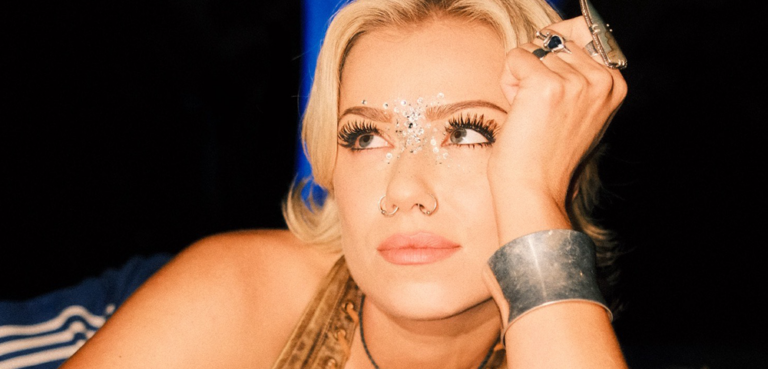
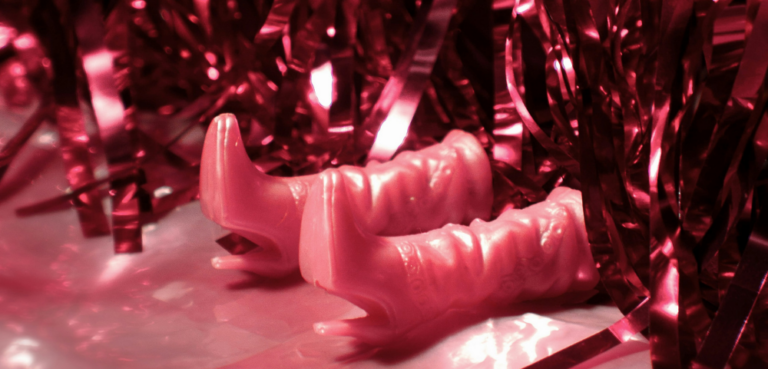
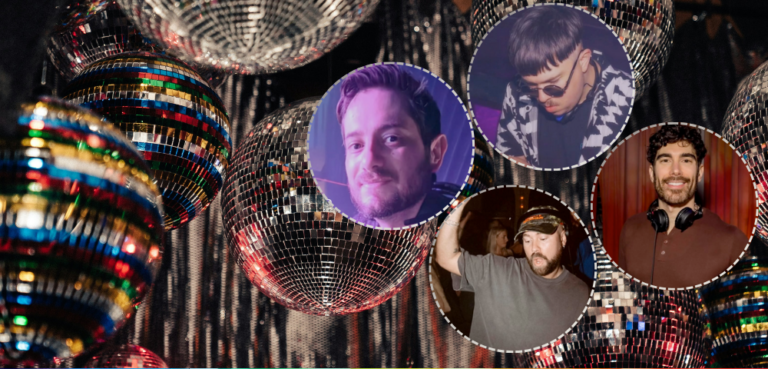
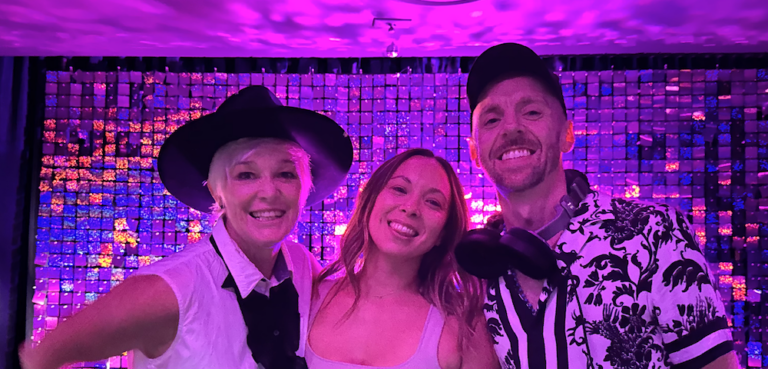


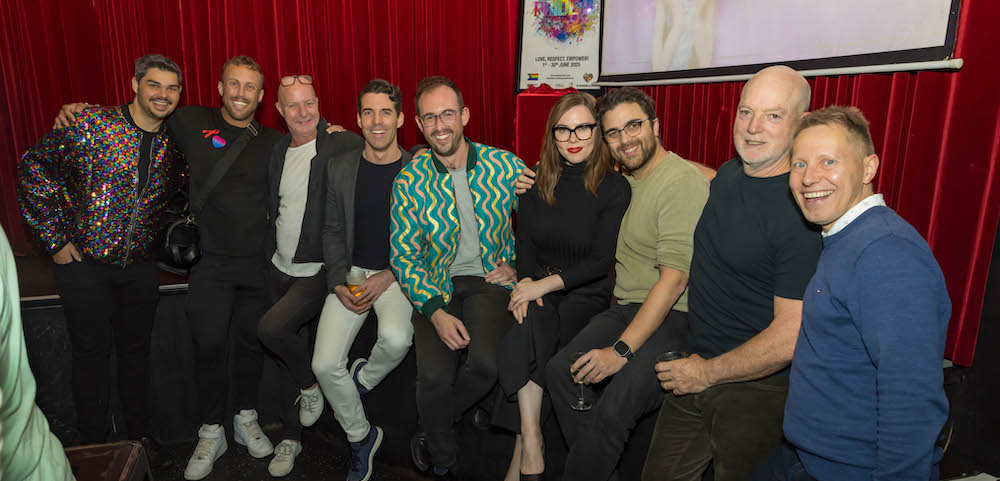
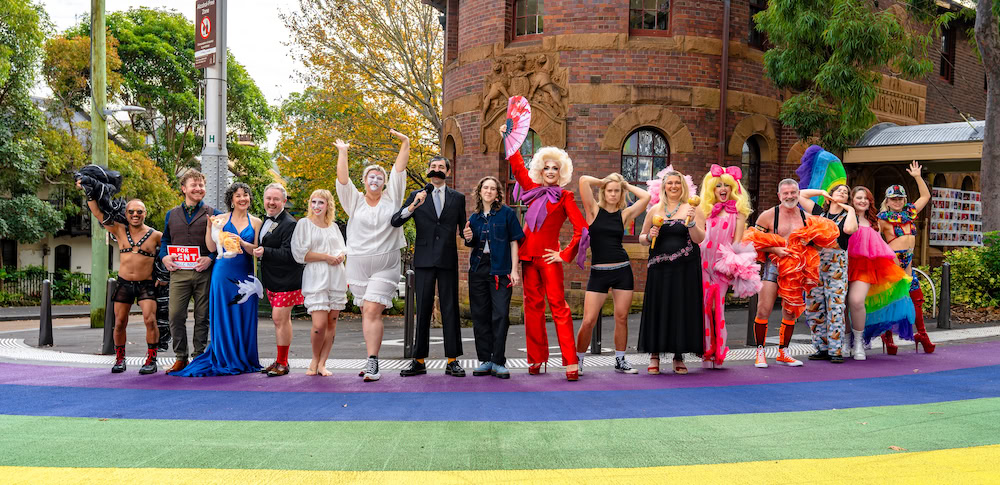

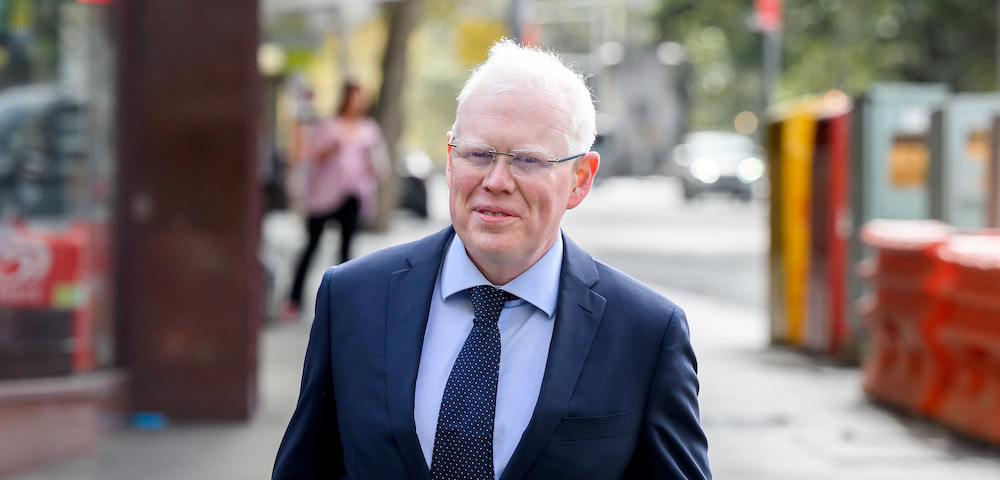
. . . . .mmmm ?
Give her 21 reasons to be re-elected ?!